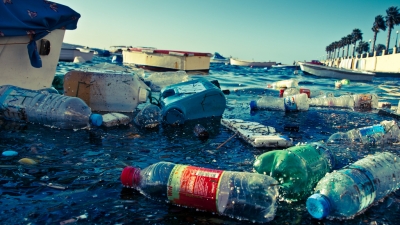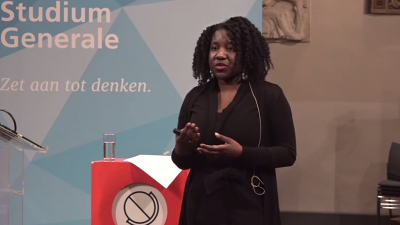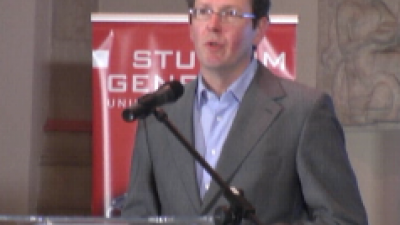Back to the future
“The earth is in need of a good lawyer.” This quote from an interview with Higgins illustrates the way in which she fought against global warming, specifically by using the law. Her goal: to make so-called ‘ecocide’ an international offence, the causing of damage to ecosystems and the living creatures within them. For this battle, she gave up a well paying job and sold her house.
Urgenda
Despite Polly Higgins's early death, her body of thought is still alive and kicking. Her dedication has been an example for many to enforce measures against climate change through legal procedures. One of them is the Dutch foundation Urgenda, which dedicates itself to accelerating the preservation of the world. The organisation made a noise in the world in 2015 by collaborating with 900 civilians to sue the state of The Netherlands over the fact that it allegedly did too little to reduce the emission of CO2, AND by winning this lawsuit. The underlying thought was that the national government was failing to protect the rights of Dutch civilians by doing too little against the emission of greenhouse gases. Part of the ruling reads: “Taking note of the big dangers that are looming [Editor's note: due to climate change], further measures need to be taken at short notice to reduce the emission of greenhouse gases. This is to prevent the lives and family lives of civilians in the Netherlands from being affected.” After the state appealed, the next court also ruled in favour of Urgenda. The state appealed to the court of cassation afterwards. This means that the highest court in the Netherlands, the Supreme Court (Dutch name: Hoge Raad), will look at the lawsuit.

Dennis van Berkel
One of the lawyers representing Urgenda in the lawsuit is mr. Dennis van Berkel. In March 2015, – one month before the first ruling in the case – he gave a lecture at Studium Generale. In it, he explained how strange it actually is that there are no legal consequences for negligence in counteracting climate change. “Imagine me going outside and kicking a dent in your car,” Van Berkel stated while pointing at someone in the audience. “That would be unlawful. You can then go to court and say: ‘He has to pay.’ That is a bit more difficult in climate change, as it is unrealistic that someone is going to pay for the damage it causes.” With this, he referred to the fact that an incumbent government will never have to be punished if they choose to do little or nothing against climate change. This is because the consequences of that choice (such as natural disasters, famines and wars) will only manifest decades or centuries later. Another way to fight climate change along legal lines is to assign corporate personalities to certain pieces of nature, as mr. Dr Daphina Misiedjan (UU) already predicted during her lecture ‘Who’s got the right to water?’ this year.







